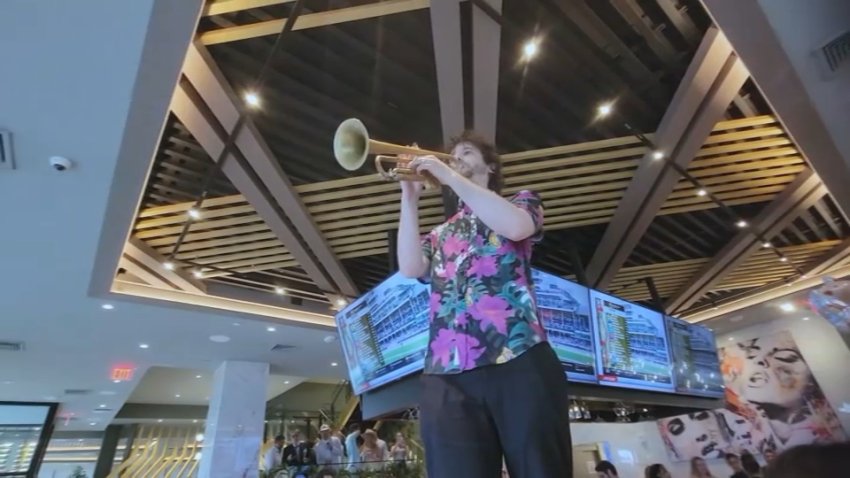
Swanky Kentucky Derby party in Boston raises money for a rare disease
While the official Run for the Roses captivated crowds at Churchill Downs, the spirit – and fashion – of the Kentucky Derby galloped into Boston’s Seaport on Saturday.

While the official Run for the Roses captivated crowds at Churchill Downs, the spirit – and fashion – of the Kentucky Derby galloped into Boston’s Seaport on Saturday.
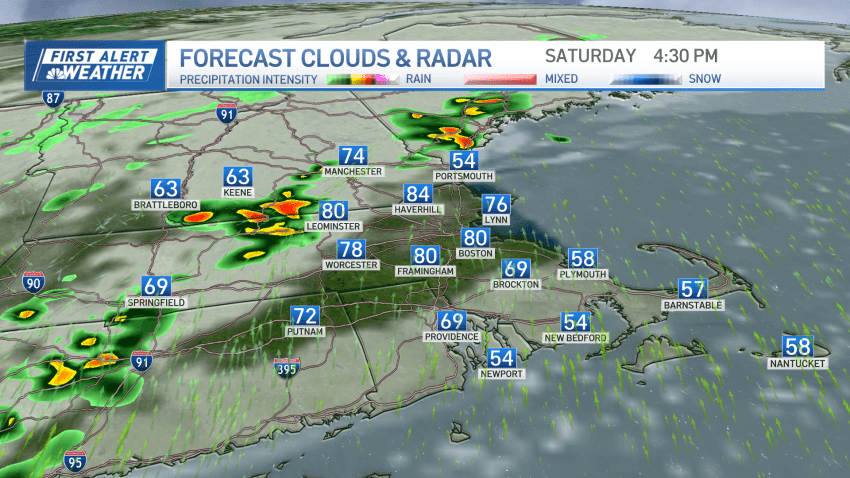
More severe thunderstorms will develop Saturday afternoon and will head towards Boston by the evening

Celtics wing Jaylen Brown could play a crucial role in containing Knicks superstar Jalen Brunson during this second-round series, writes Chris Forsberg.

The weekend isn’t a washout, but we are dodging a few drops.
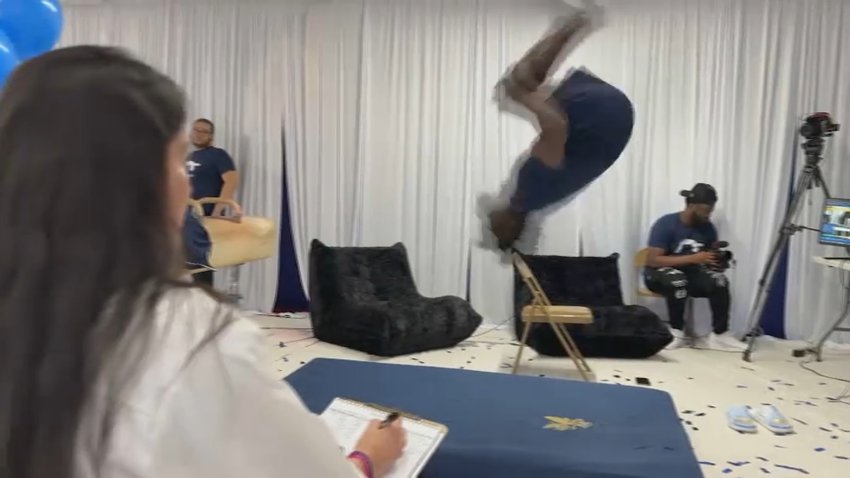
Olympic gymnast and Stoughton, Massachusetts, native Frederick Richard had his sights set on a world record for a good cause.

Jacob Henriques, an assistant admissions director at Emmanuel College in Boston, is facing a federal charge of attempted sex trafficking of a minor
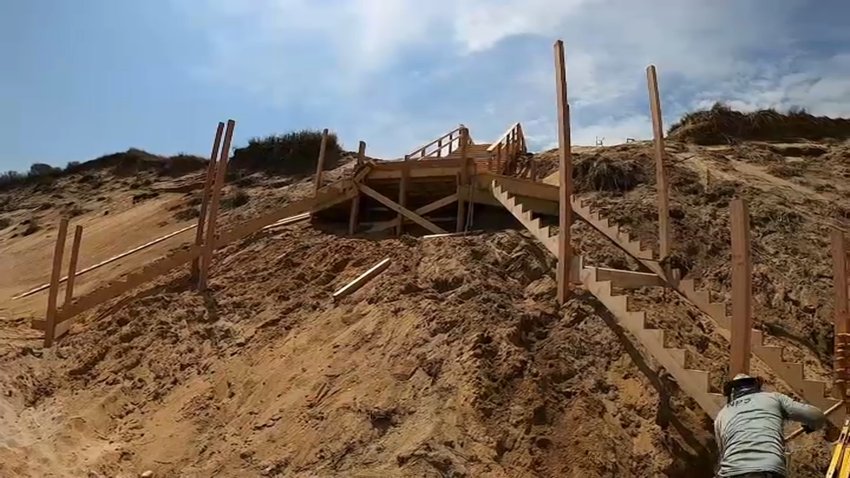
Marconi Beach in Wellfleet, Massachusetts, has been closed since the stairs were wiped out during a nor’easter in September
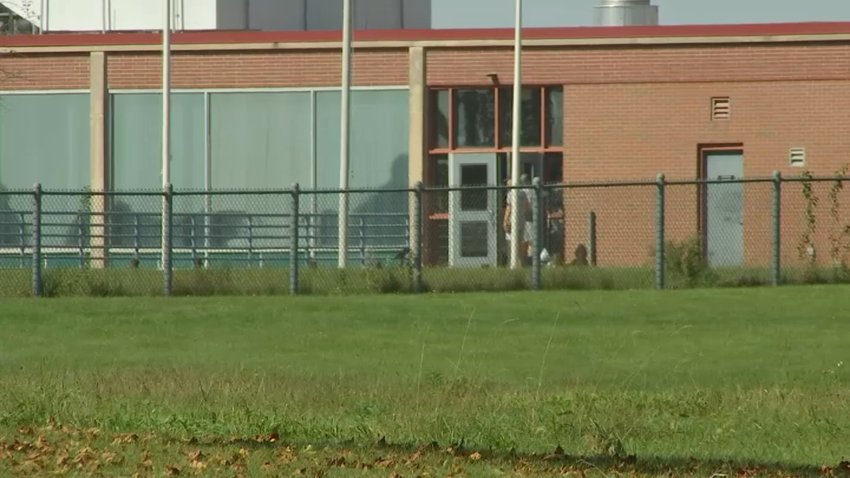
Massachusetts State Police Col. Geoffrey Noble praised the IACP, which was selected to assess the academy’s curriculum and training methods, one of the changes following the death of Enrique Delgado-Garcia
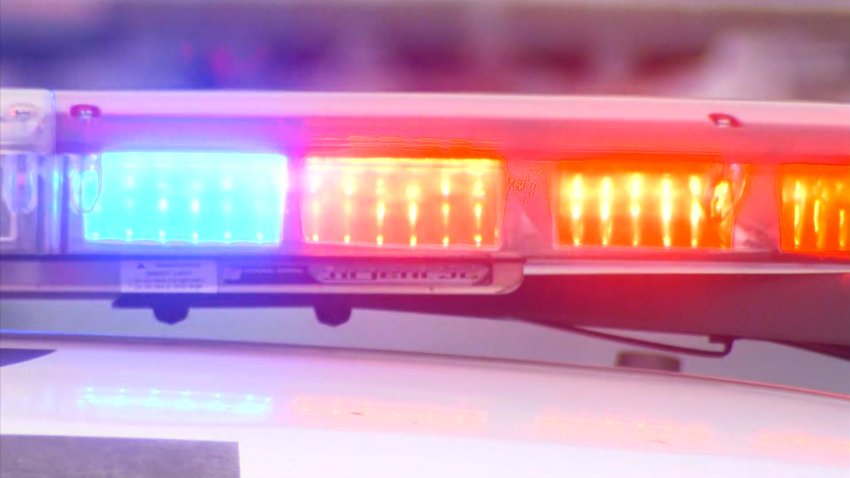


Affordable housing advocacy groups say competition from college students can leave local residents priced out of their neighborhoods and unable to afford rising rent

Red Sox second baseman Kristian Campbell has been named the American League Rookie of the Month for March and April.

The teen volunteers from the Hyde Square Task Force found similar prices at Jackson Square compared to Dedham, Massachusetts, but prices are still higher elsewhere in Boston

A former Massachusetts State Police sergeant who was among six people charged in a scheme to take bribes in exchange for giving passing scores on commercial driving tests was found guilty in federal court Friday on most counts, prosecutors said.